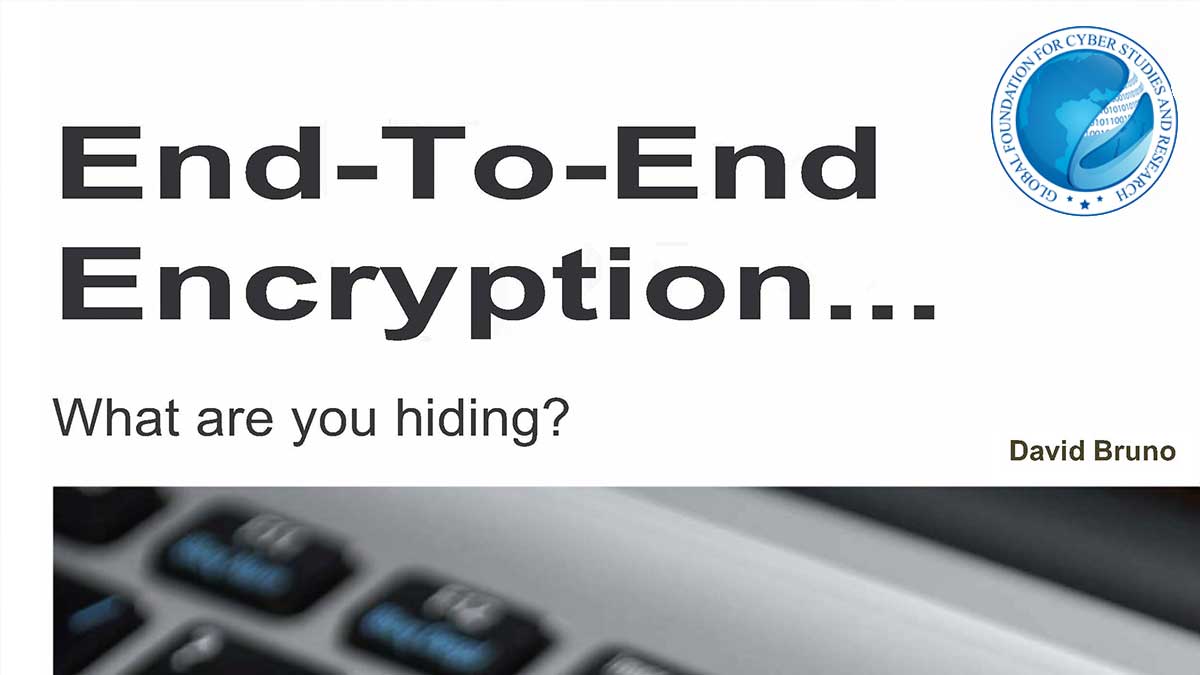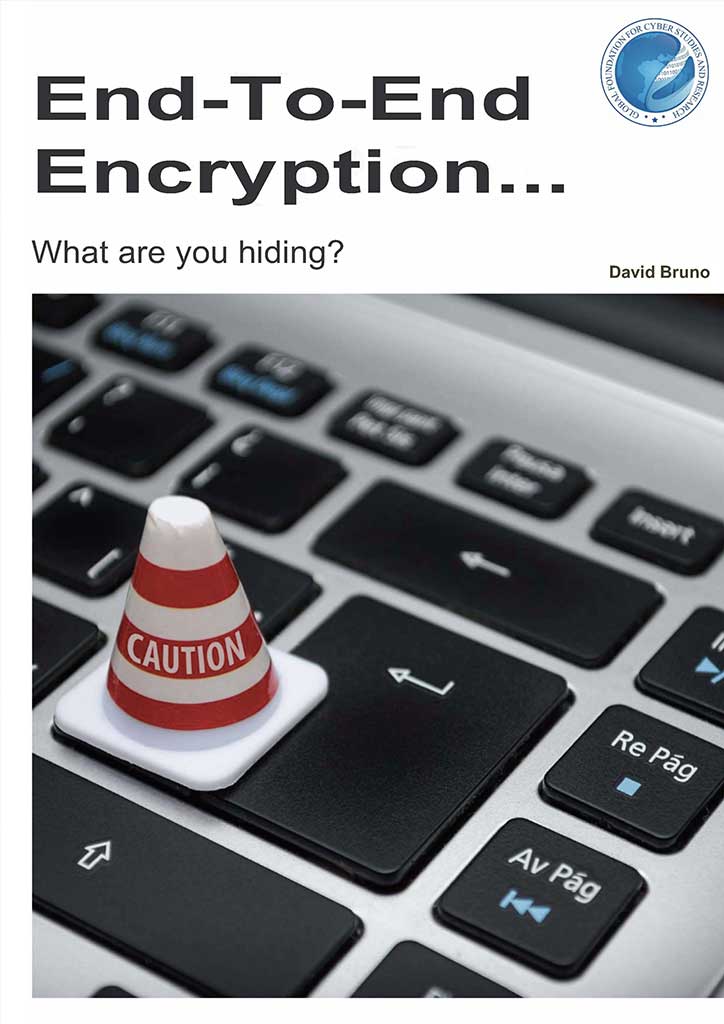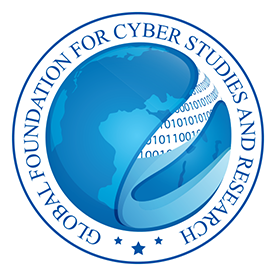End-To-End Encryption… What are you hiding?

By David Bruno

Social interactions are contextual. People wouldn’t necessarily admit to certain beliefs or divulge personal secrets to a random stranger the way they would confide in their partner. Yet, this seemingly natural right breaks down completely in the digital world. The tendency to abandon private data for free online interactions has fueled the rise of surveillance capitalism and digital authoritarianism. A subset of users who understand this threat and are attempting to safeguard their data have adopted end-to-end encryption as their tool of choice.

About the author(s)
David Bruno
David Bruno, as founder and CEO of a global cyber security firm, specialises in anti-fraud and anticorporate espionage systems worldwide. Through his company, Secure Swiss Data (now SafeSwiss®), he provides financial sector solutions for the digital and interactive FINTECH sectors. For 20 years, he has worked to provide security protections to the masses and has invested his own money in a free E2EE encrypted email server for the public. He is a contributor and member of Electronic Frontier Foundation (EFF) advocating for defending digital civil liberties. He is a Tech Policy Analyst for Washington D.C based Global Foundation For Cyber Studies & Research (www.gfcyber.org) and a contributor to the Northern Policy Institute dedicated to educating the public on the surveillance of email in general and the importance of encryption, especially for vulnerable populations like refugees.
